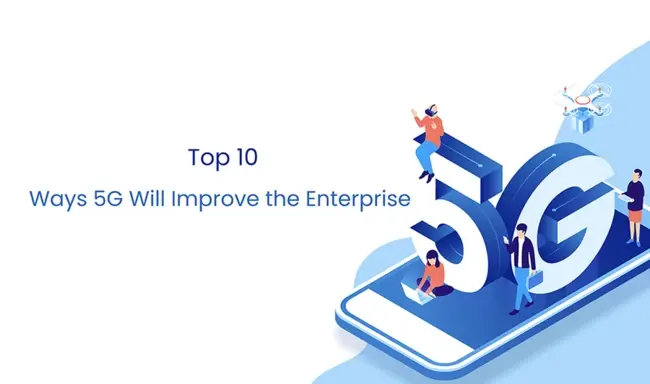Connectivity is a crucial factor in determining how well a business can perform.
Whether you're reliant on the cloud for data management and storage, or you're supporting remote workers through the web, you're going to need excellent connectivity.
Recently, 5G has emerged as the new solution to boost business bandwidth, deliver better connection speeds, and more. 5G networks usher in the new generation of mobile and WiFi technology. This allows companies to tune into reduced latency and even new innovations. However, with 5G still in its early stages, many organisations still aren't sure what to expect from this potential upgrade.

Here are just 10 of the ways that 5G could enhance and optimise the enterprise.







Comments ( 0 )